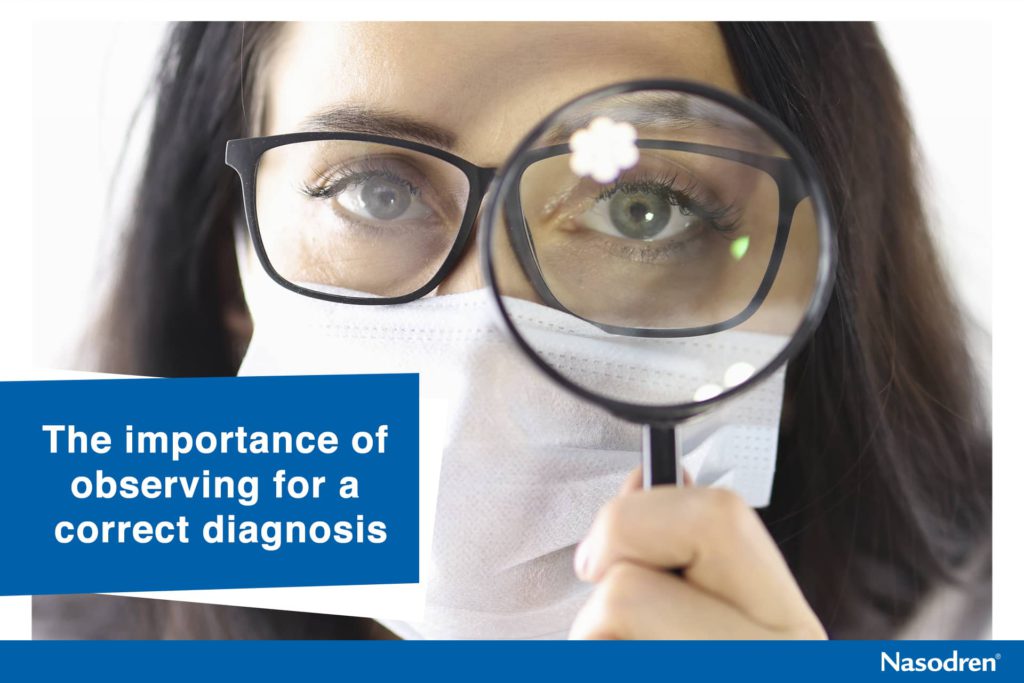When examining a patient, Hippocrates’ disciples directed their inquiries with three famous questions: What is the matter? When did it start? To what do you attribute it? But they also knew that carefully observing the patient was crucial to obtaining a diagnosis. Today, despite technological advances, it is still the basis for attaining a correct clinical history.
Dr. Joe Ganon, Dr. Marcus Welby, Dr. Michaela Quinn, and Dr. House, Dr. Shepherd (played by Patrick Dempsey), and Dr. Doug Ross (played by George Clooney on the hit NBC medical drama ER) are some of the most popular TV physicians. They appear in series broadcast in countries the world over.
These characters have probably influenced many young people having to decide on their professional life. Some say the first TV series centred on physicians and nurses was created to encourage students to choose careers related to healthcare due to the lack of health professionals in the US.
Whether that is true or not, the fact is that becoming a physician should be, and in most cases, is a vocational decision. But vocation does not always come in conjunction with the necessary ability and skills to be a good professional.
While studying medicine, an anatomy professor once told us the story of something that had happened some years previously. A renowned professor of internal medicine of the Faculty of Medicine at a European University decided to check if the first-year students had what it took to become good physicians. To do that, on the first day of class, he took the students to the morgue and placed them standing around a stretcher on which lay a cadaver.
“Being a doctor means a lot of sacrifices and being ready to face difficult and unpleasant situations,” he said while placing a glove on his right hand. “Now,” he continued, “I want to see if you are ready and fully convinced to engage in the practice of medicine. I do not want you to spend 6 years of your lives here if you are not prepared to do things like this” and he inserted a finger in the anus of the cadaver and then stuck the finger in his mouth.
The students were astonished, and most of them felt like vomiting. Immediately following this, the professor said, “Now, one of you will do exactly what I did.”
None of the students was able to look at the professor, who finally pointed to a tall, lanky boy. “You will have the honour,” the professor declared, giving the student a glove. The pupil began to sweat but finally was able to put the glove on. The room was so quiet you could have heard a pin drop. Aware that nothing would prevent this bitter pill, the student inserted his finger in the cadaver, which under the circumstances was the easiest part of the challenge. After some endless seconds, he started to move his finger towards his mouth, and just when the tip of his finger was about to reach his lips, the professor stopped him.
“As I presumed,” said the professor, “you will not make a good physician. You placed your index finger in the cadaver, and you were going to introduce it into your mouth, while I, on the other hand, inserted my index finger into the cadaver but put my middle finger in my mouth. You must all remember that to be a good doctor, observation, together with listening, is an essential skill.”
The moral of this story is that loving a TV series about successful physicians is a far cry from being good enough to become a worthy health professional!
Do you watch medical series?
Have you ever thought of becoming a health professional?
And if you are already one of these professionals, what was your inspiration?
Share your experiences below!
